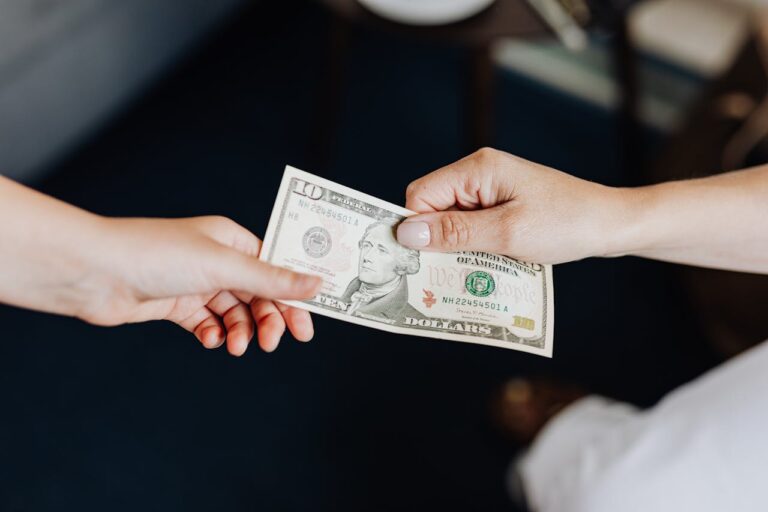
Why Every Financially Savvy Millennial Should Prioritize Their Emergency Fund
In a world of economic uncertainties and unpredictable life events, an emergency fund is the unsung hero of your financial security playbook. Financially savvy millennials, young professionals, and new parents, listen up — this isn’t just another piece of financial advice. It’s a crucial step towards safeguarding your future and navigating life’s inevitable storms with confidence and control.
The What and Why of an Emergency Fund
Defining the Emergency Fund
An emergency fund is the safety net you build to catch you if you fall. Unlike your regular savings or investment accounts, this fund is set aside exclusively to cover unexpected expenses or income disruptions. It serves as a buffer against life’s curveballs, offering peace of mind and a strategic financial advantage.
A Financial Lighthouse in a Storm
From sudden job losses and medical emergencies to surprise home repairs and car breakdowns, life’s emergencies can’t be anticipated, but they can be prepared for. An emergency fund provides a measure of financial insulation, preventing you from resorting to high-interest debt or depleting your long-term savings to manage these crises.
Setting and Reaching Your Emergency Fund Goal
How Much is Enough?
The golden rule for an emergency fund is to have enough to cover three to six months’ worth of living expenses. This amount should factor in your monthly bills, groceries, healthcare costs, and other essentials. However, the exact number will vary based on your individual circumstances and comfort level.
Budgeting for the Fund
To build your fund, start by integrating saving into your budget. Trim discretionary spending, channel windfalls and bonuses directly to your fund, and consider using automated transfers to ensure consistency. The key is to set realistic saving goals that won’t strain your finances but will steadily grow your fund over time.
Keeping Your Fund Liquid and Growing
Liquid, Accessible, and Insured
The accessibility of your emergency fund is as critical as the amount you save. Opt for a savings account or money market account with high liquidity so you can easily access funds when needed. Also, ensure your account is federally insured, protecting your emergency stash in the unlikely event of a financial institution failure.
Making Your Money Work for You
While the primary function of your emergency fund is immediate access, it doesn’t mean it shouldn’t grow. Choose accounts that offer competitive interest rates to keep pace with inflation and to make the fund a more dynamic part of your financial portfolio.
Navigating the Personal Finance High Seas
Be Strict with Definitions
It’s crucial to determine what truly constitutes an emergency. Resist the urge to dip into your fund for anything that doesn’t align with your preset emergency criteria. Stay disciplined, and remember, the peace of mind that comes from a well-padded emergency fund is the reward for your fiscal responsibility.
Adjusting When Life Shifts
Life isn’t static, and neither should your emergency fund. Reassess the adequacy of your fund as your financial situation evolves — getting a better job, buying a home, or starting a family may require tweaking the fund’s size. Adapting your savings to these life changes ensures you’re always appropriately protected.
In Conclusion: The Emergency Fund as a Pillar of Financial Wellness
For millennials, new parents, and young professionals with a penchant for planning, the emergency fund is the bedrock of a resilient financial strategy. By prioritizing and methodically accumulating this safety net, you’re not only preparing for the worst but also demonstrating financial acumen that will serve you well through every stage of life.
In the end, it’s not merely about saving for a rainy day; it’s about knowing that when that day comes (because, yes, it will), you’ll be the one with the foresight and the foundation to weather it with dignity and financial well-being. Start building or shore up your emergency fund today, because the most powerful financial habit we can form is the one that secures our future.